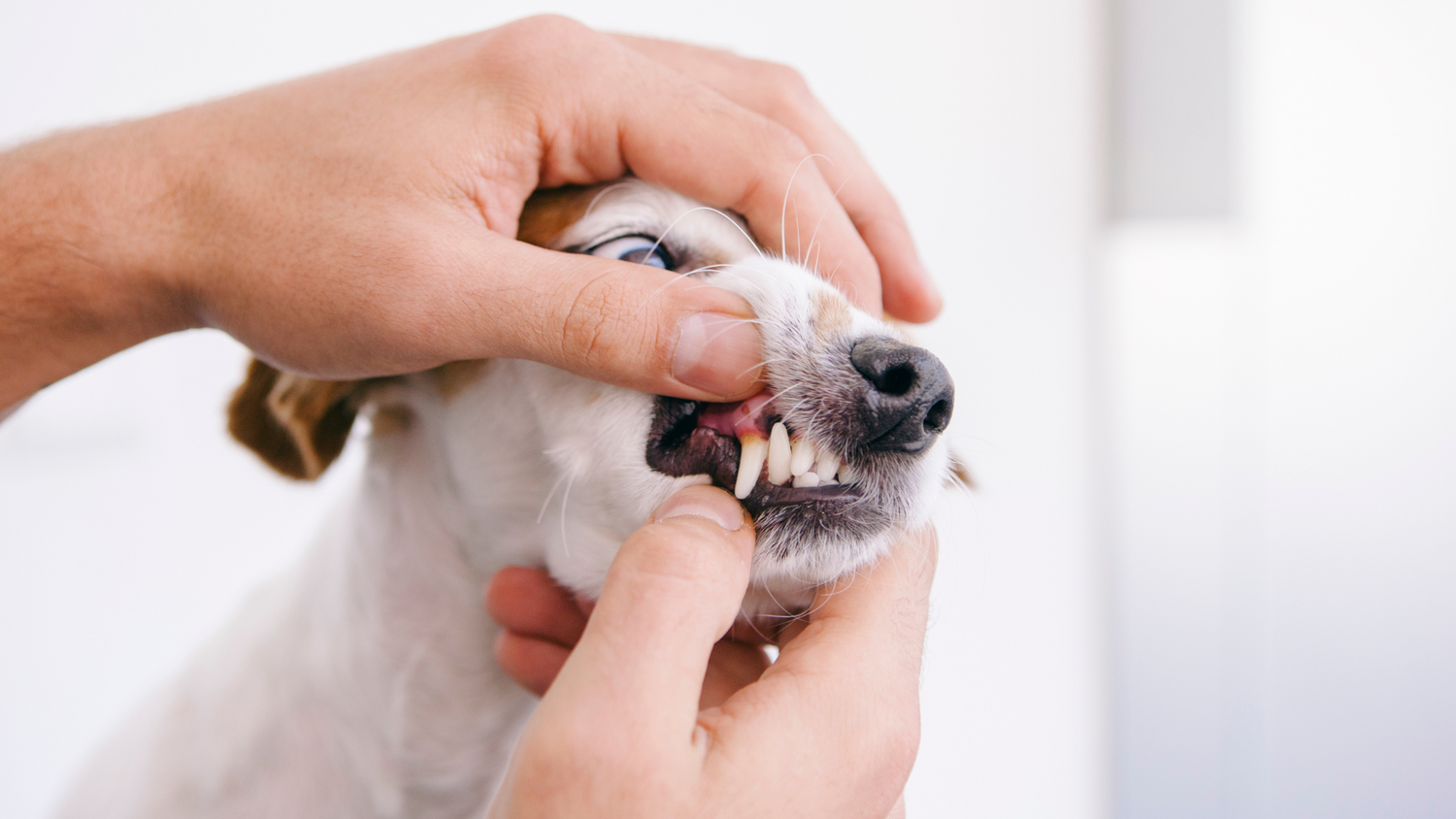Myth 1: Kibble Cleans Teeth
Myth Buster:
While kibble is often touted as having dental benefits for dogs due to its crunchy texture, it falls short in effectively cleaning their teeth. The mechanical action of chewing on kibble may help to some extent in removing loose debris from the teeth's surface, but it is insufficient for thorough dental cleaning. The hard and brittle nature of most kibble pieces might not reach all the nooks and crannies of a dog's mouth, where plaque and tartar tend to accumulate. Additionally, dogs have a tendency to swallow some kibble pieces whole, reducing the opportunity for chewing and any potential cleaning benefits. For optimal dental care, it is crucial to incorporate regular brushing, dental chews, and veterinarian-recommended dental care practices in conjunction with an appropriate diet.
Myth 2: You Can’t Mix Kibble & Raw Food Diets
Myth Buster:
Feeding a combination of kibble and a raw diet, often referred to as a "raw and kibble" or "BARF" (Biologically Appropriate Raw Food) diet, can offer several benefits for dogs. Combining these two types of diets can provide a balanced approach, ensuring that dogs receive essential nutrients from both sources. Kibble is convenient and offers a complete and balanced diet in a convenient form, providing a wide range of essential vitamins and minerals. On the other hand, a raw diet can provide additional benefits such as fresher and less processed ingredients, potentially improving digestion and promoting healthier skin and coat. Moreover, raw diets often include raw bones, which can help keep a dog's teeth clean and strengthen their jaw muscles. By combining kibble and raw food, dog owners can harness the advantages of both approaches, providing a diverse and wholesome diet that contributes to their pet's overall health and well-being. However, it's important to consult with a veterinarian or a canine nutritionist to ensure that the combination is appropriately balanced and meets the specific nutritional needs of individual dogs.
Myth 3: Carbohydrates Are An Essential Macronutrient
Myth Buster:
Carbohydrates are not essential in a dog's diet because dogs are primarily carnivores and have evolved as efficient meat-eaters. Unlike humans and some omnivorous animals, dogs can thrive on a diet primarily composed of animal-based protein and fats. Dogs have a higher capacity to metabolise and convert protein and fats into energy, making them well-suited for a low-carbohydrate diet. In the wild, their ancestors survived on a diet mainly consisting of prey animals, which provided the necessary nutrients for their growth and maintenance. While carbohydrates can be a source of energy, essential nutrients like amino acids and fatty acids are more critical for a dog's health. A well-balanced diet with adequate protein and fat content can fully meet a dog's nutritional requirements without the need for carbohydrates. However, it is crucial to note that every dog is different, and individual dietary needs may vary based on factors such as age, breed, activity level, and health conditions. As always, consulting with a veterinarian or a qualified canine nutritionist is essential to determine the most appropriate diet for your specific dog.
Myth 4: Cats Need Milk
Myth Buster:
The image of a cat lapping up a bowl of milk is a classic one, but in reality, many adult cats are lactose intolerant. Feeding milk to cats can lead to digestive upset, including diarrhoea and stomach discomfort. Provide fresh water at all times to keep your cat well-hydrated and consider lactose-free alternatives if you want to treat them with a milk-like product.





